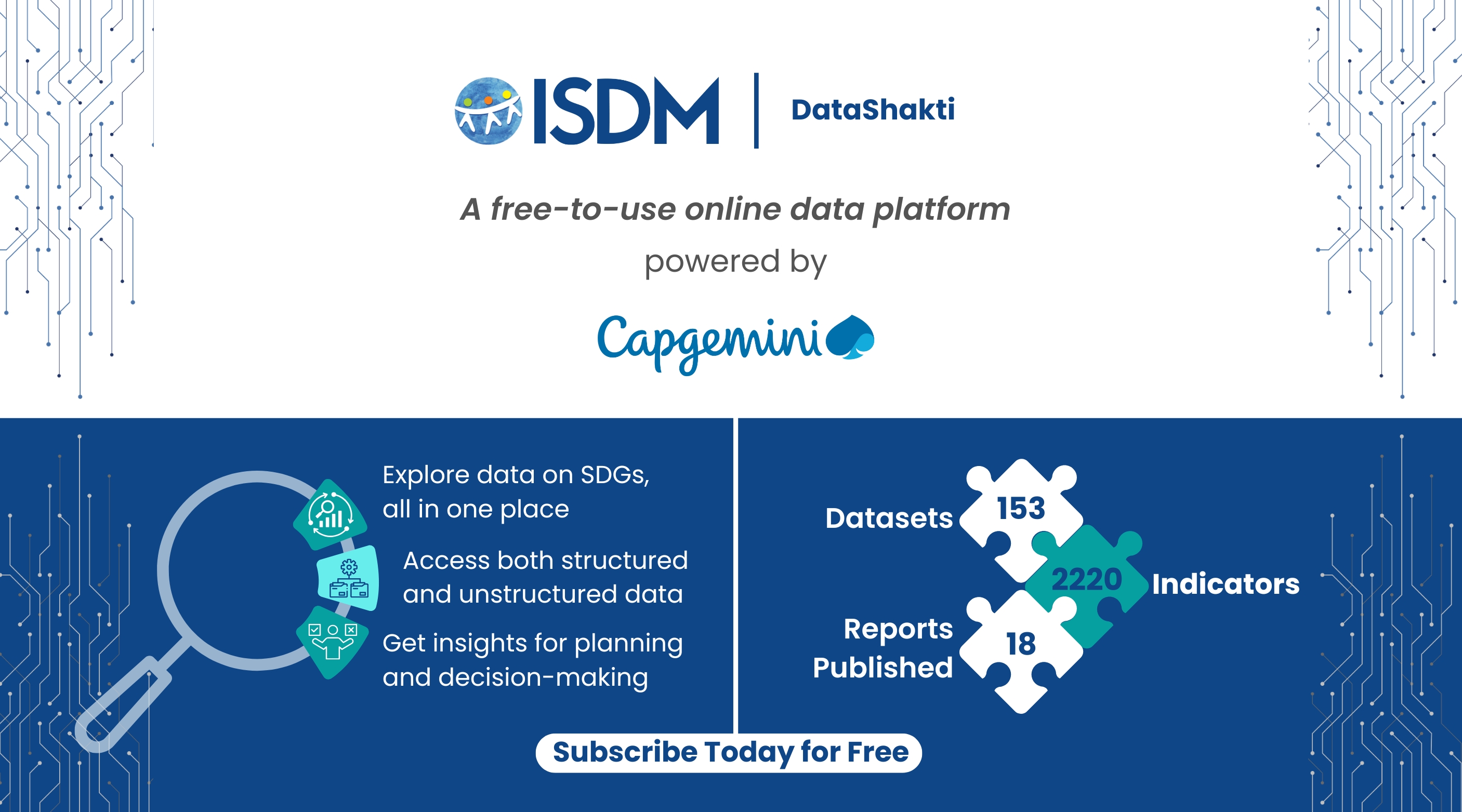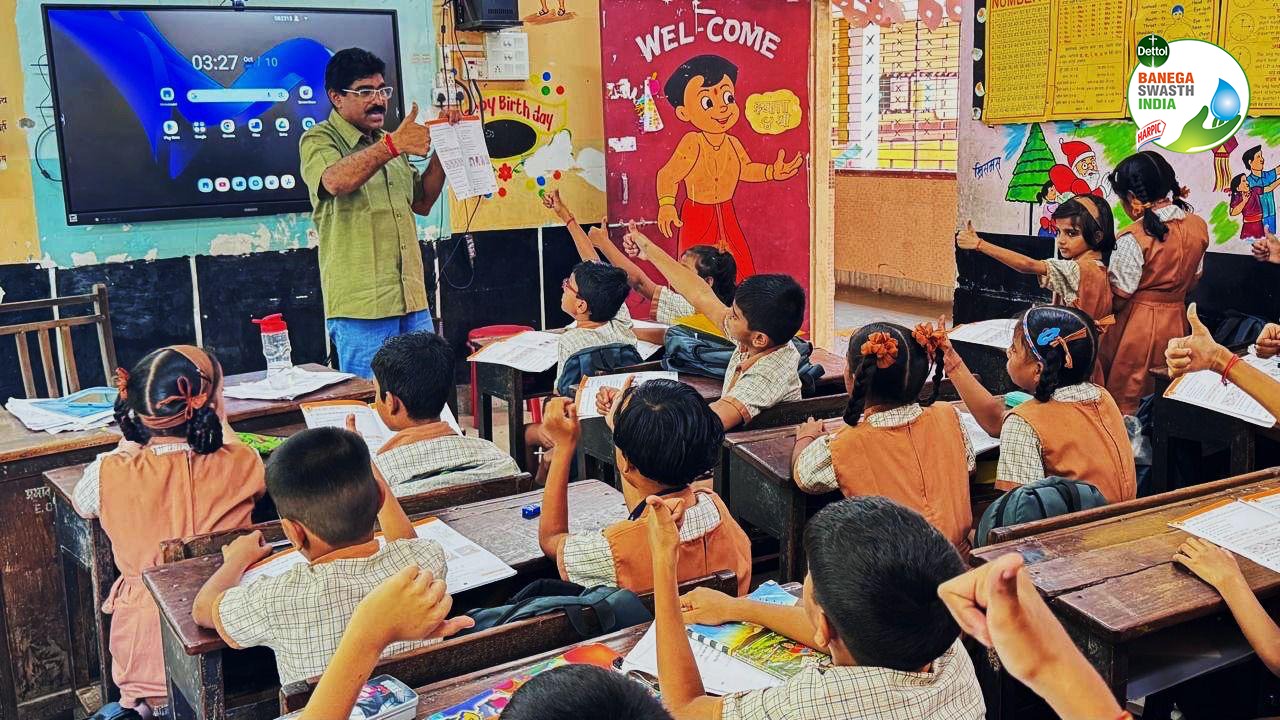Subscribe our Weekly Newsletter
Call for Papers - Aging in India and Japan: Socio-Legal Issues and Measures Concerning Senior Citizens

Organization Name: National Law University, Delhi
Apply By: 12 Oct 2025
Location: Delhi
Presentation Date: 14 Feb. 2026 - 14 Feb. 2026
About the Organization
National Law University, Delhi is one of the premier law universities in India, accredited with ‘A’ Grade by NAAC and is ranked second (for the last five years) in the National Institutional Ranking Framework (NIRF), Ministry of HRD, Government of India. It aims to impart comprehensive and interdisciplinary legal education. The primary objective of the University is to evolve and impart legal education that is socially relevant. Its chief mandate is to promote legal and ethical values, objectives enshrined in the Constitution of India and to foster rule of law.
About the Call for Papers
The Centre aims to undertake research in various matters relating to constitutional law and other laws dealing with personal, matrimonial, and succession-related issues and to impart knowledge, to provide counselling, assistance, and litigation support. The Centre is involved in research and analysis of current laws, policies, programs and judicial pronouncements. It organises events such as thematic seminars, conferences and debates on various topics, concerning different kinds of stakeholders depending upon the topic of research. Keeping in mind the values of indigenous Indian society and fundamental constitutional principles, the Centre endeavors to study and research various changes occurring in socio-economic set-up, family system and behavioral patterns, varying needs and aspirations of common man, including women, children and elderly people, ever widening gap between various strata of society, for which different kinds of initiatives are taken to decipher the causes and to suggest measures to improve overall peace, tranquility and development in the society.
The global demographic transition marked by increasing longevity and declining fertility has led to a significant rise in the elderly population, particularly in countries like India and Japan. While Japan stands as one of the most aged societies globally, India is witnessing a steady increase in its elderly demographic, with critical implications for health, social security, legal rights, and economic participation. This edited volume aims to offer a comparative socio-legal exploration of aging in these two diverse yet interlinked jurisdictions.
Through the lens of law and public policy, this volume seeks to understand how both India and Japan are addressing the challenges and opportunities contested by the aging population. The work is situated within a rights-based and development-oriented framework that critically engages with legal regimes, institutional mechanisms, family structures, economic entitlements, and social welfare schemes. The endeavour is not only to assess statutory frameworks and judicial responses but also to reflect on broader structural, cultural, and technological factors that shape aging in society.
By aligning this analysis with the Sustainable Development Goals (SDGs) — particularly those concerning gender equality, health, dignity, peace and socioeconomic justice — the volume aspires to contribute to a nuanced, interdisciplinary conversation on the future of elder care and active aging. Contributors are encouraged to interrogate existing laws and policies, identify implementation gaps, and propose evidence-based reforms that are contextually grounded yet globally relevant.
We invite original and unpublished chapters for the present volume that undertakes a comparative legal and policy analysis of issues concerning senior citizens in India and Japan. The book will be divided into two parts — Part I (India) and Part II (Japan) — and seeks to critically examine national laws, policies, institutional frameworks, and socio-legal issues and solutions thereon, towards aging populations in both countries. This volume aims to foster a deeper understanding of aging through a socio-legal framework, while also undertaking the inquiry with relevant Sustainable Development Goals (SDGs). We encourage contributions that explicitly engage with one or more SDGs and map their research and analysis to specific targets within these Goals.
How to Apply
Abstract Submission (300–500 words): October 12, 202
Notification of Acceptance of Abstract: October 31, 2025
All abstract should be in .doc or .docx format and submitted through the google form: https://forms.gle/62kB6svDu9rJ2tKZ7
For more information please check the Link
Join us for the 12th Edition of India CSR & ESG Summit 2025 | Register Now
Latest Online Store
Latest Tenders And EOIs
Latest News
© Renalysis Consultants Pvt Ltd

.jpg)





















